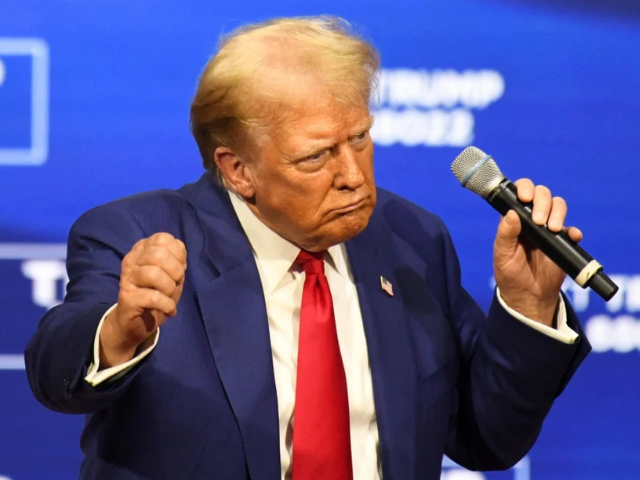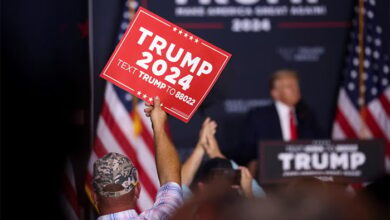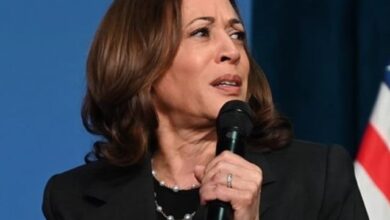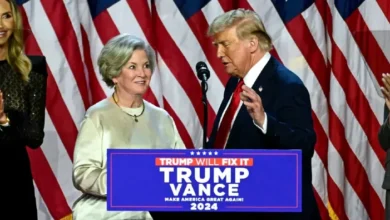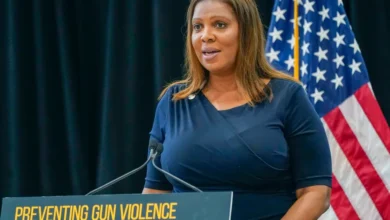In a recent CNN town hall in Pennsylvania, Vice President Kamala Harris strongly criticized former President Donald Trump, labeling him a “fascist” and arguing that he is unfit for office.
This remark comes in the wake of comments from John Kelly, Trump’s former White House chief of staff, who has described Trump as meeting the “general definition of a fascist.”
Kelly’s statements suggest that Trump admires dictators and seeks loyalty similar to that of Adolf Hitler’s generals. Harris emphasized that such views are a “911 call to the American people” as the election approaches.
During the town hall, host Anderson Cooper directly asked Harris if she believes Trump is a fascist.
She responded affirmatively, reinforcing her stance that the electorate deserves a president who respects democratic values and the US Constitution.
Harris highlighted the dangers of Trump’s leadership style, asserting that he has shown a desire for unchecked power and has become increasingly “unhinged.”
The timing of these remarks is crucial, with less than two weeks until the November 5 election. Current polling indicates a highly competitive race between Harris and Trump.
A recent Reuters/Ipsos poll found Harris leading Trump by just 3 percentage points, while other polls have shown Trump with a slight edge. The overall picture suggests a near tie, with swing states poised to play a pivotal role in the outcome.
Harris pointed out that several former Trump advisers, including Kelly, have voiced serious concerns about his authoritarian tendencies, urging voters to heed these warnings.
She also noted support from some Republicans, such as former Rep. Liz Cheney, who have distanced themselves from Trump, reinforcing her argument that his leadership is detrimental to the country.
In response to Harris’s allegations, Trump dismissed her comments as desperation, accusing her of losing ground in the polls.
He claimed that her remarks reveal an attempt to distract from her declining support and characterized her statements as outlandish.
Polls leading up to the election reflect a fluctuating dynamic between the two candidates.
A Wall Street Journal survey indicated Trump at 47% to Harris’s 45%, while a Monmouth University poll showed Harris with a narrow 3-point lead.
Polling in key battleground states like Michigan, Nevada, and Wisconsin suggests tight races, with either candidate capable of flipping the election outcome.
Harris has been increasingly vocal about her opposition to Trump’s past comments that appeared to glorify dictators. She called Trump’s reported admiration for Hitler’s generals “deeply troubling,” framing it as indicative of a broader authoritarian mindset.
Trump’s campaign has refuted Kelly’s claims, with spokesperson Steven Cheung asserting that the former chief of staff’s accounts are fabricated.
The stakes are high as both candidates mobilize support in a deadlocked race.
Harris’s recent town hall highlighted her commitment to a presidency that is inclusive and democratic, contrasting sharply with Trump’s controversial approach.
As the election nears, both candidates continue to ramp up their campaigns, appealing to undecided voters while navigating a landscape fraught with political tension and division.

